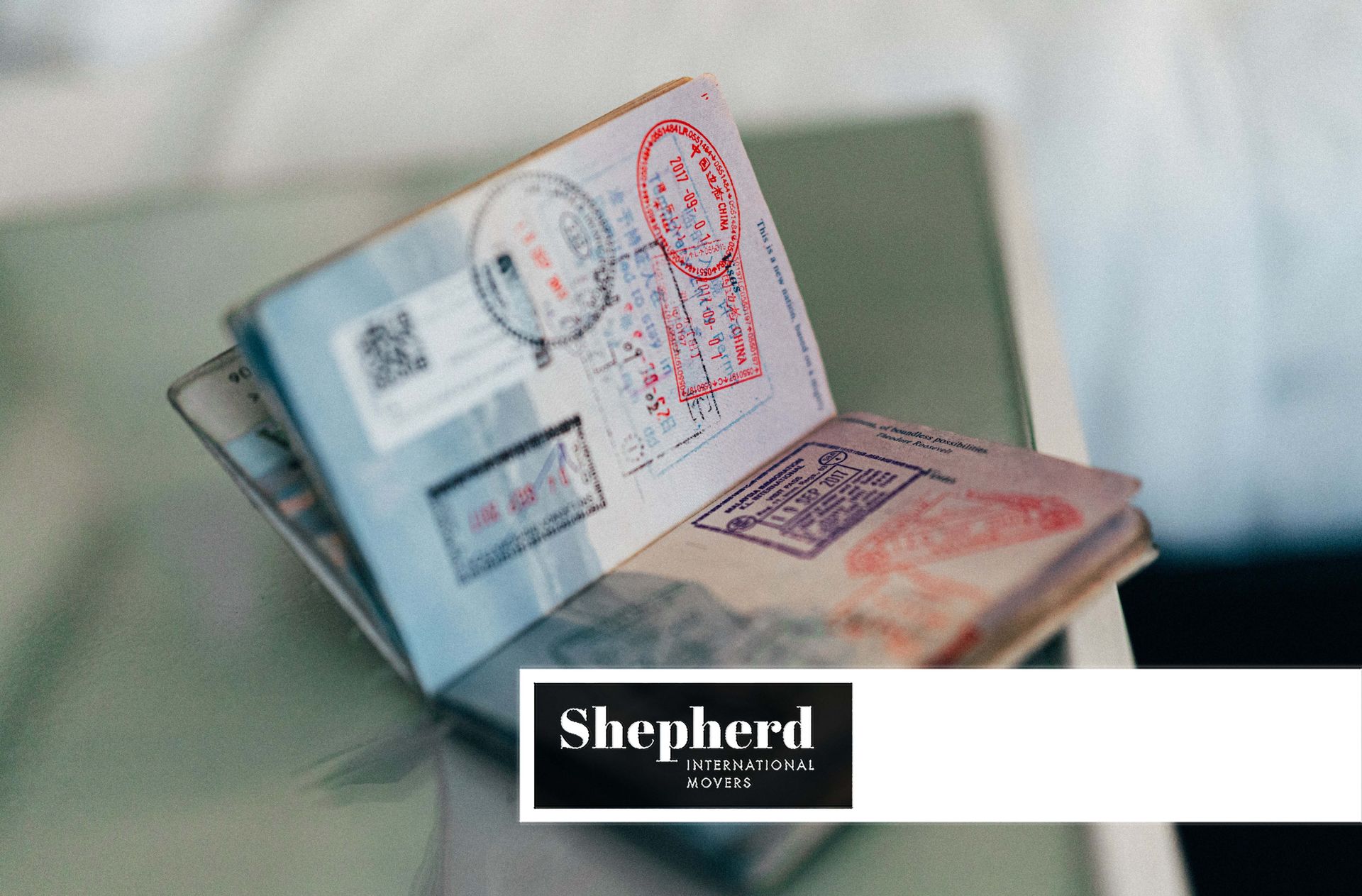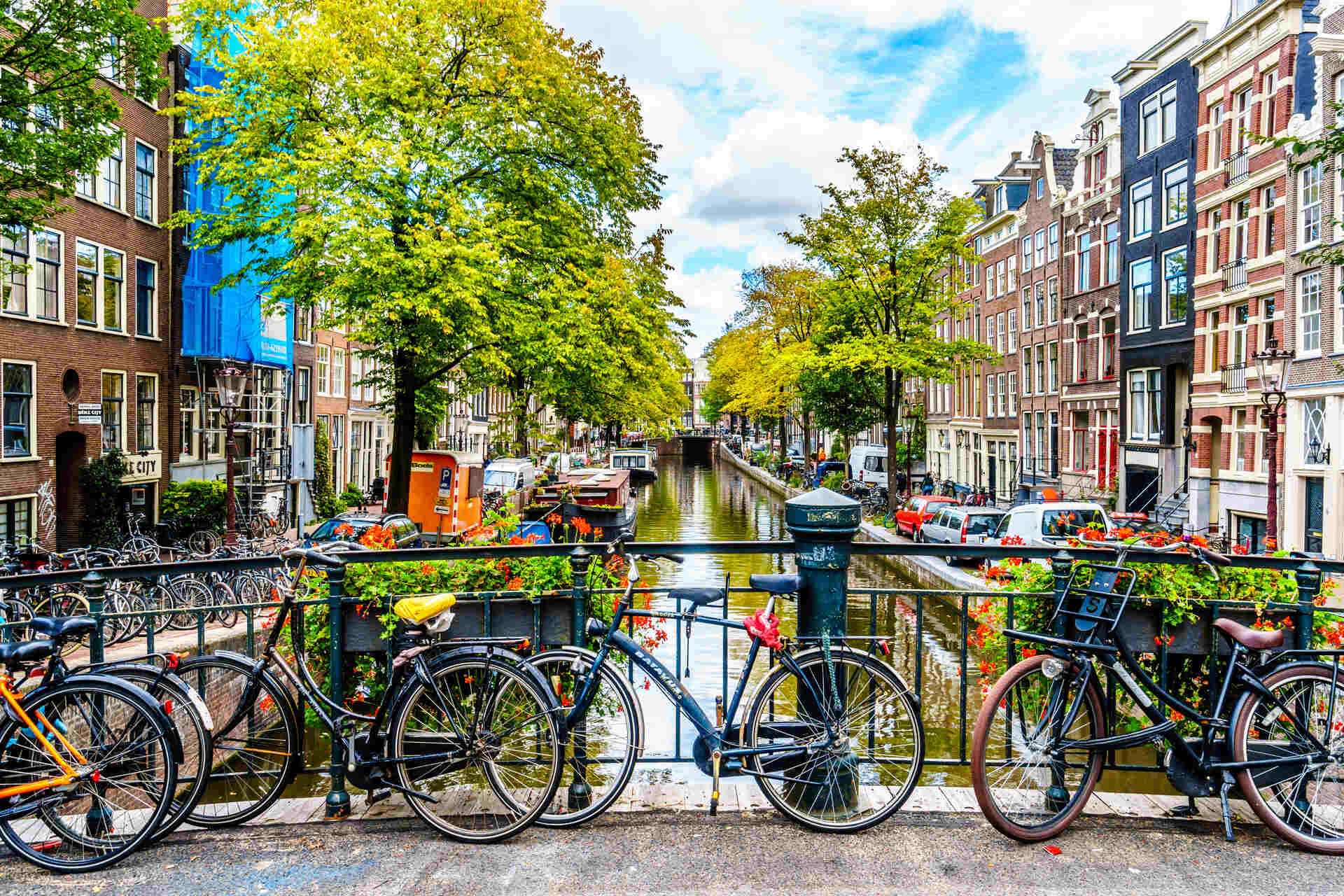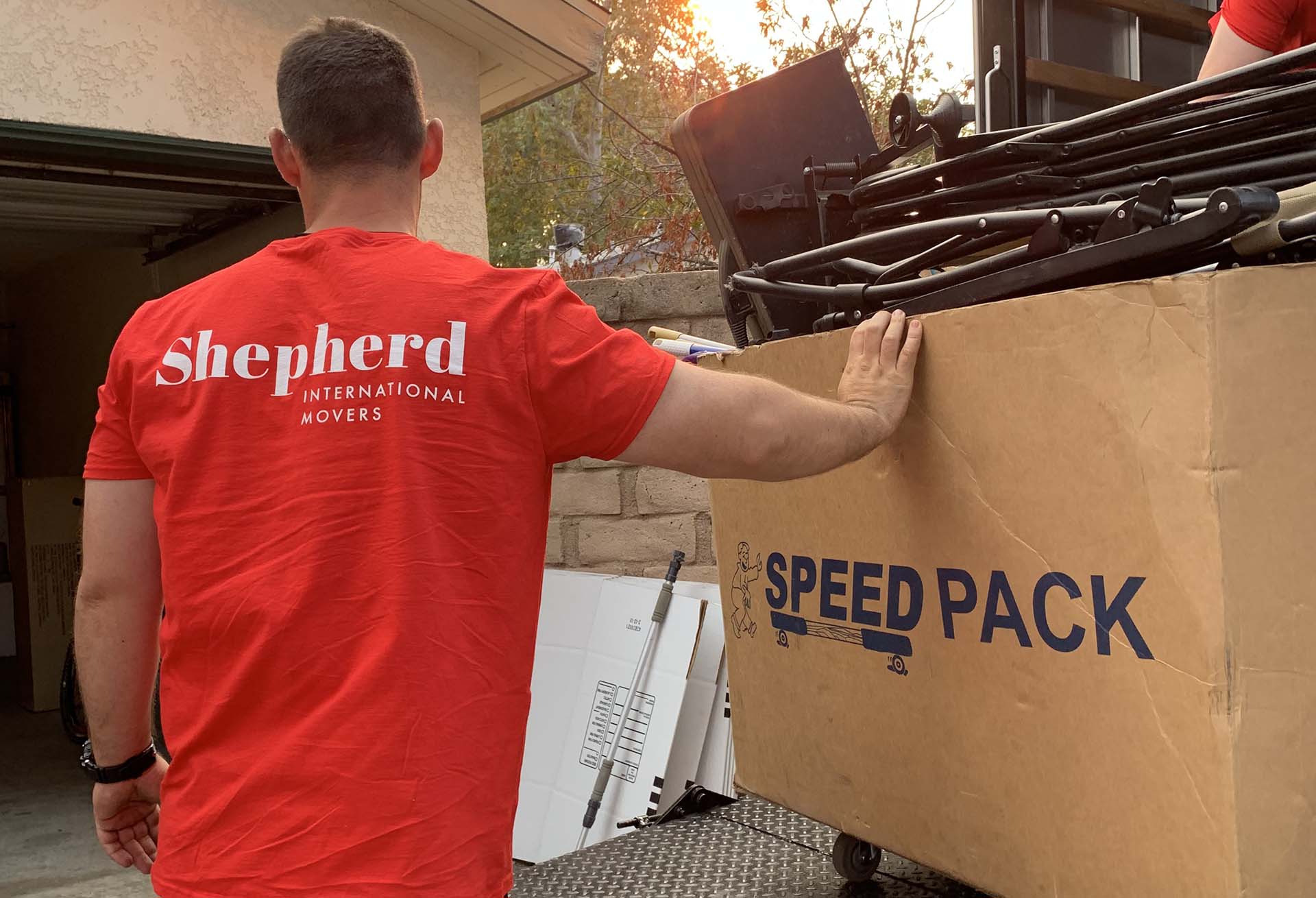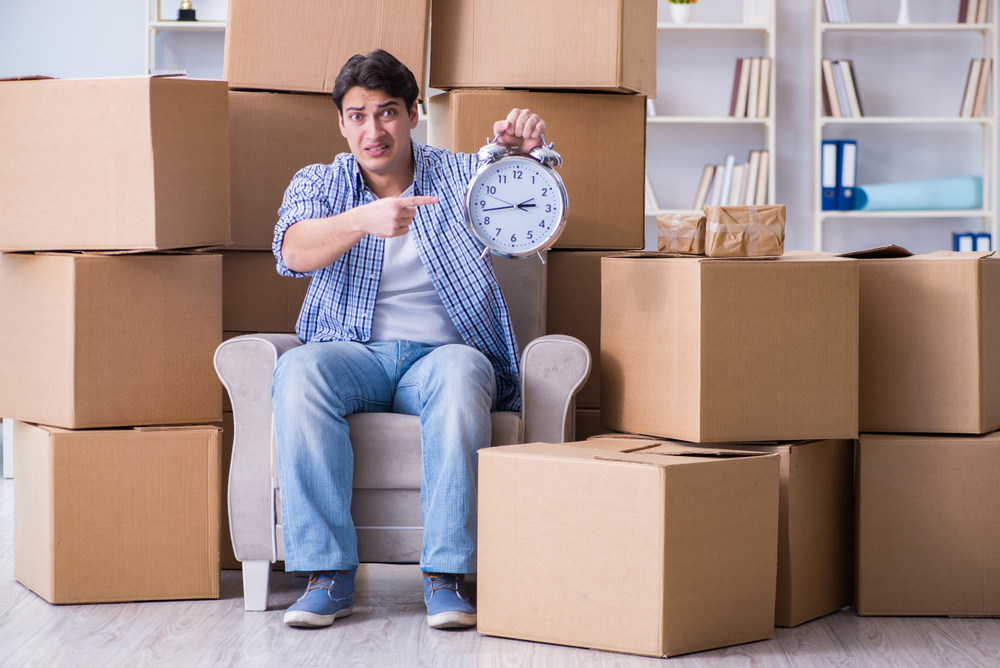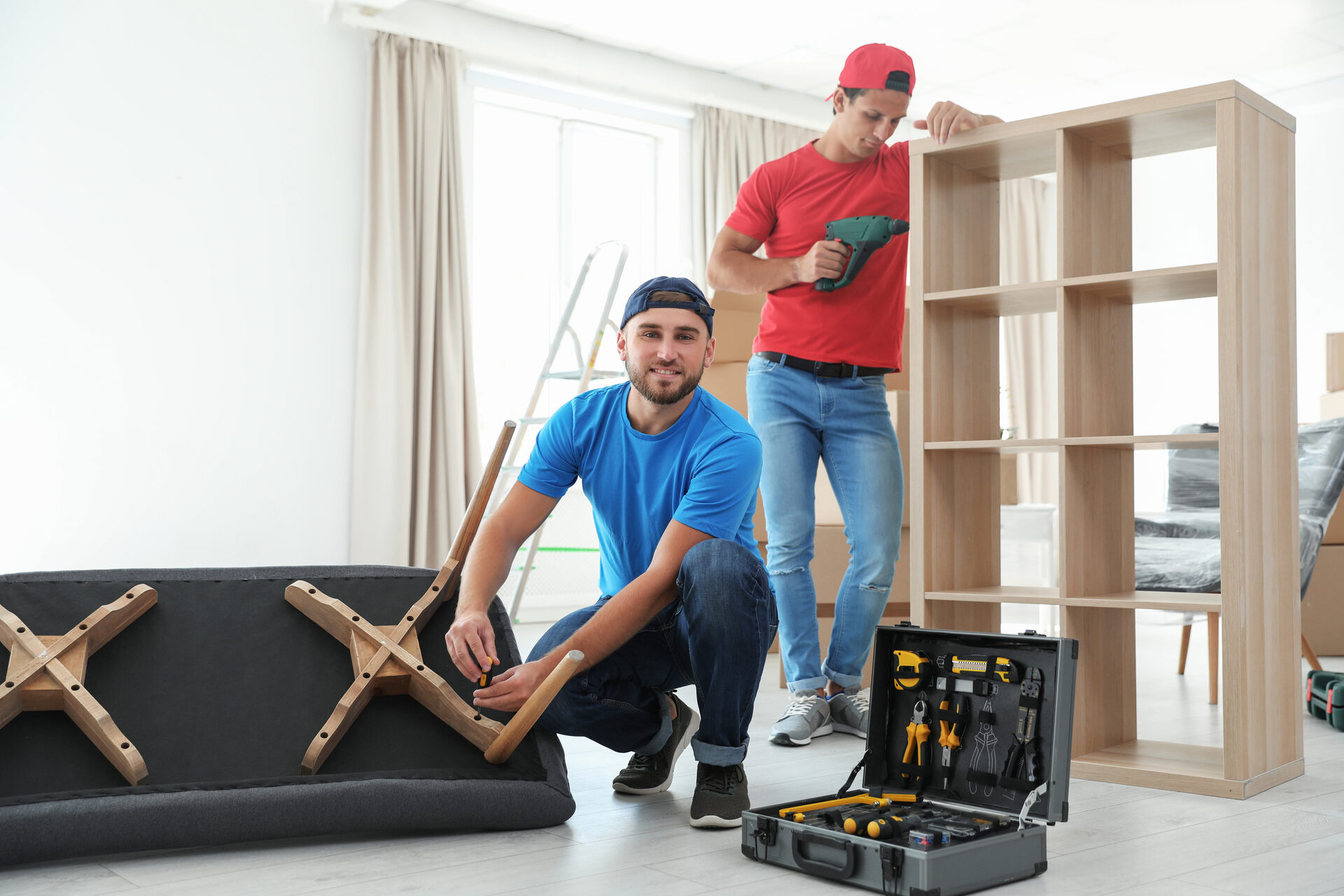

You will soon be moving out, and you don’t have a clue what you should pack and what should be thrown away? You are overwhelmed by all the belongings you have to box up. You shouldn’t worry. We’ll provide you with the best tips on what to keep when moving and what you can discard or sell. You should draw up a list of everything you’ll need weeks before your relocation date. If you get a chance to simplify your packing checklist, you will be able to organize and plan your move, so it goes smoothly.
When relocating across the world, you will have to deal with moving stress along with culture shock. If you want the process to be less tiring, you have to ensure that you relocate efficiently and safely. You don’t want faulty and broken appliances weighing you down. It doesn’t matter whether you’re moving abroad alone or with your whole family, there is no need for unnecessary items in your boxes and bags. You can decide together with your family members on what to keep and what to sell when moving.
Create a List Of What to Keep When Moving Out
It’s important not to pack everything you own. Moving internationally is stressful as it is. You shouldn’t create extra work for you and your movers. You should start your packing by asking yourself questions such as: what should I purge before moving and what should you keep when moving?
Put on your relocation checklist everything you will be using immediately upon arrival. You can also contact your international moving company to request information on what they transport, pack, and store, so you know how to plan everything out. Explain the reasons for the relocation and what you expect from the movers. Also, you can ask for packing services when you have decided on what you definitely cannot move without. Professional movers will safely pack your fragile belongings and prevent anything from breaking.
Begin With Sorting Out Your Belongings
Think about the things you absolutely need. What are some of the essential belongings you will use in your home? You can create categories such as clothes, electronics, tools, kitchen utensils, bathroom necessities, artwork, and valuables. It would be wise to clean and tidy the house before labeling your stuff. While organizing your things, you will realize what you have too much of, what you can sell, and what items are not worth moving. If you manage to sort all of your belongings out in time, you will have a clear idea of what you have to pack when moving overseas.
Purge Your House Before Relocating
You might be asking yourself – how to decide what to get rid of and what to keep. Purging your home might make it easier for you. While creating categories of belongings, try to declutter your whole house before relocating. This means you have to pay attention to any messy part of your home. Consider recycling or donating the things that you won’t use.
The things creating chaos might be old newspapers or magazines, expired makeup, worn-out running shoes or clothes, books, notebooks, or even faulty household appliances. You can order large trash bags where you can discard all of the things you won’t be needing anymore. You want your new life overseas to be free from clutter and trash.
Here’s a video of how you can declutter your home quickly.
Keep Valuable Items But Get Rid Of Old Stuff
You might be wondering about small antique pieces and family heirlooms. You might possess things that have sentimental value and that bring back happy memories. You should definitely bring valuables such as jewelry, family photos, expensive artwork, and small antique pieces that are important to you personally.
You might want to consider requesting storage services from your movers if you have big artwork or modern furniture you won’t relocate. Adjusting to a new country won’t be a big problem if you have pictures of your loved ones. However, get rid of old stuff that was once valuable but now is not worth any money. Outdated items won’t be of any use to you in a foreign country.

Keep the Clothes You Will Wear
You should have space in your boxes for clothes you are not ready to part with. These might be your favorite pieces of clothing you have been wearing for a long time. Also, you should not discard anything you have recently bought. Whether relocating to the Bahamas or maybe heading to Canada, you should avoid spending extra cash on clothes in your new location. However, avoid packing worn-out clothes that are stained or torn. It would be best not to pack any pieces of clothing you haven’t worn over a longer period of time.
Anything Your Kids and Pets Will Find Useful
If you’re relocating with your children, you should ask them if they have any ideas about what to keep and what to throw away. They might want you to pack their toys, blankets, or stuffed animals they like. They should be more encouraged to get accustomed to the new country and break the language barrier if they have their old toys by their side. If you are worried about relocating to a foreign country, you can visit Numbeo, where you can find information on the quality of life all over the world.
Also, if you are moving with dogs or any other pet, you might want to include pet supplies or items they like to play with.
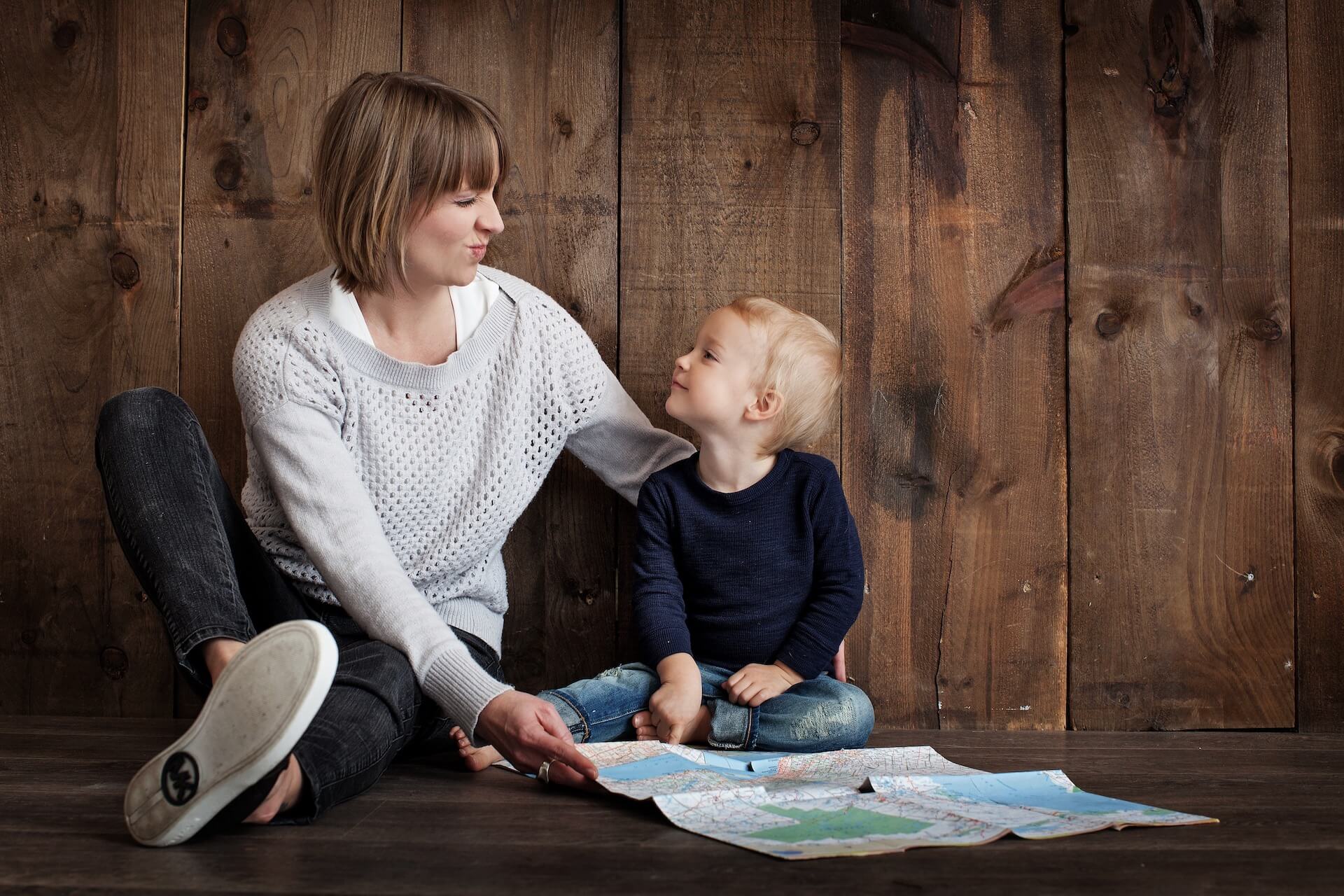
Pack Your Documents
You will have to prepare an overwhelming number of documents if you opt for international moving. Try not to misplace your relocation insurance, receipts from the movers, identification documents, birth certificates, financial records, medical records, passports, and visas. If you’ll be shipping your car overseas, it’s necessary to have all the receipts for the transportation of your vehicle.
You could also include phone numbers and mail addresses of your friends in your documents. This way, you will make sure to keep in touch with your friends or family members. Try not to mix outdated contracts and new paperwork – that can only bring confusion into your organization process. You should organize and keep all the important papers and documents somewhere they can be easily accessible. If you’re preparing for a life in Europe as an American, you should do additional research into what permits you will need to stay longer.
Keep Frequently Used Items
You should keep any household appliance or item you find useful on a day-to-day basis. For example, a good tip would be to keep items such as your favorite mug, book, glasses, the coffee maker, laptops, mobile phones, and microwave. It’s easier to live abroad if you have your small appliances with you. You could also pack products that are not expired, such as makeup.
But Don’t Keep Potentially Dangerous Ones
There are some objects you should avoid packing along with other belongings. These include gas and oil products, wax candles, nail polish remover, household cleaning products containing bleach or ammonia, and also flammables. Your movers will make sure to warn you if you have accidentally boxed up one of these things. You can never know what might happen during the transportation of your belongings, so it is best not to include anything hazardous on your packing list.

Organizing Your Stuff When You Move
You find yourself asking – what do I do with all my stuff when I move? If you have organized your belongings into categories ahead of your move, you’ll be able to sort out everything in no time. Make sure you carefully and safely unbox fragile and valuable stuff that easily goes missing. You can make a final decision on what to keep and what to throw away during your unpacking process. If you don’t find something you have transported useful, or you don’t have space where to put it, you can easily get rid of it.

You Are Now Ready To Draw Up The Ultimate Packing List
Now you know what to get rid of when moving across the country and what to keep. If you consider these tips, you won’t have to worry about forgetting or keeping something insignificant. If you are apprehensive about packing, you can always contact and get help from a relocation company. Think about what you will use the most. Try to keep your valuables and expensive furniture but leave behind potentially dangerous belongings. We wish you the best of luck with making a relocation checklist.
